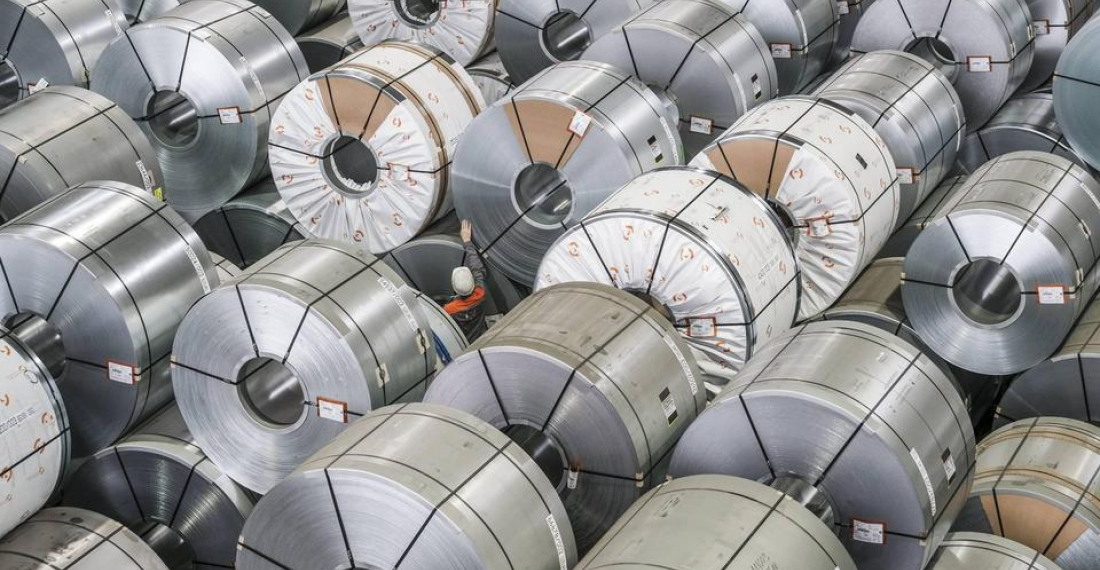The European Union (EU) has imposed on Monday (12 April) provisional tariffs on aluminium flat-rolled products from China. Brussels wants to prevent the dumping of cheap Chinese aluminium on the European market and to protect European aluminium producers. It is a measure on aluminium products sold at unfairly low prices in the EU.
According to the European Commission, which oversees the EU's trade policy for the 27 member states, the tariffs are provisional and range from 19,3 per cent to 46,7 per cent of the original import value, depending on the exporter. The new tariffs take effect on Tuesday (13 April) and are valid for six months. The tariffs can be extended for five years. The tariffs follow an investigation that began in August in 2020, following complaints from the European aluminium industry association about Chinese dumping practices.
"We are grateful the European Commission is taking the necessary steps to protect our industry against unfair competition," said Gerd Götz, Director General of European Aluminium.
The EU also imposed provisional tariffs on Chinese steel and steel products earlier to counter dumping on the European market. China’s metals association had previously called the complaint groundless.






